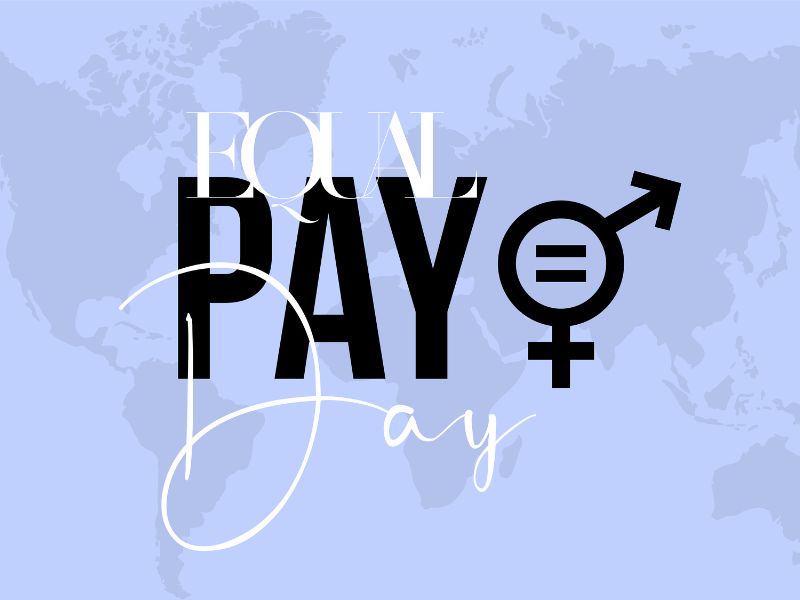International Equal Pay Day is a reminder that the fight for fair wages is far from over. Despite decades of progress, women and men around the world still do not earn equally for the same or similar work.
The day shines a light on this ongoing issue and calls for real change in how pay is structured and valued.
Why equal pay matters
Equal pay is not just a women’s issue. When half the population is underpaid, families and communities feel the impact. Lower earnings mean reduced pensions, less financial independence and limited opportunities. Equal pay supports stronger economies, helps close gaps in poverty rates and creates fairer workplaces for everyone.
The hidden factors behind the gap
The gender pay gap is not simply about men and women doing the same job for different pay. It is shaped by complex factors such as the undervaluing of roles traditionally held by women, fewer chances for promotion, and the impact of caring responsibilities. Many women also work part time to balance family needs, which often limits their earning potential.
Progress and challenges
Some progress has been made in recent years. Pay gap reporting has forced more transparency and conversations around fairness are growing louder. However, progress is uneven. In many industries, leadership roles are still dominated by men and women remain underrepresented in high paying sectors like technology and finance.
What needs to change
Change requires action from both employers and policymakers. Employers can carry out pay reviews, remove bias from promotion processes and support flexible working for everyone, not just women.
Governments can strengthen laws around pay reporting and ensure accountability. Most importantly, the value of work often carried out by women, such as caring and teaching, needs to be recognised properly.
Looking ahead
International Equal Pay Day is not just about highlighting a problem. It is also about inspiring solutions. Fair pay is achievable if businesses and societies commit to closing the gap. When women are paid fairly, it benefits everyone, leading to stronger families, thriving businesses and healthier economies.









